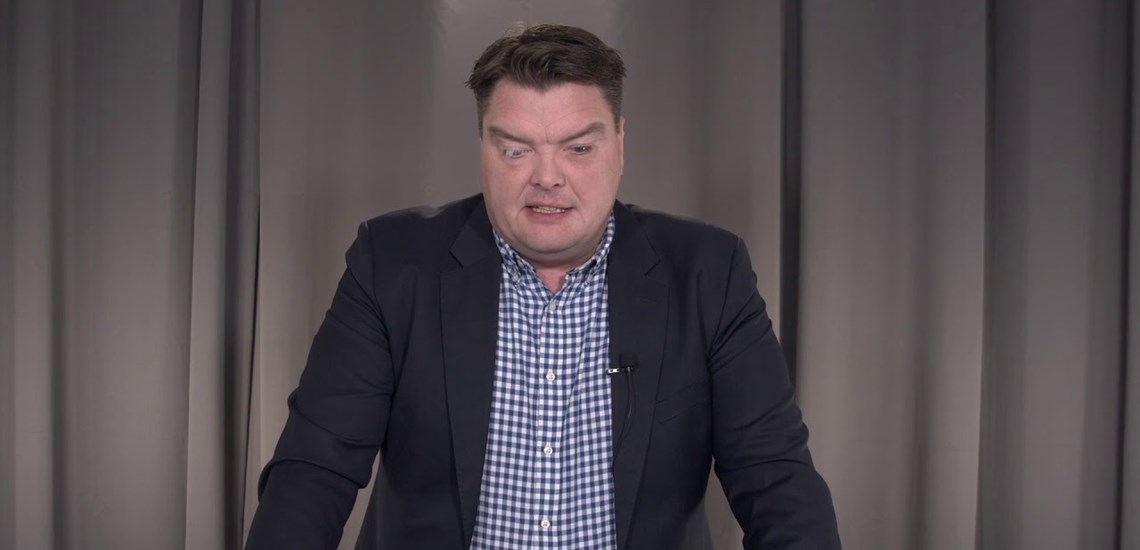Sharp increase of interest in Enviro’s recovered materials as a result of the war in Ukraine
Conflict Brings Higher Interest in Enviro
Enviro has noted a sharp increase of interest in purchasing the Carbon Black and oil that Enviro recovers from end-of-life tyres since the Russian invasion of Ukraine on February 24th. The increased interest has been observed among old and new customers, but the company cannot yet assess what this will mean in terms of specific orders or supply agreements.
“The increase in interest entails that we will need to set priorities carefully, while it also confirms that we were wise not to be in a hurry to sign long-term supply agreements connected to our expansion plan,” says Thomas Sörensson, CEO of Enviro.
According to a U.S. market research company, Russia, Ukraine, and Belarus produce a significant part of all Carbon Black used in Europe. At the same time, Europe wants to reduce its dependence on Russian oil and, because oil is a raw material used in Carbon Black production, this could also influence supply.
“Accordingly, the war is likely to have a major impact on the supply of Carbon Black in Europe and globally, and it is obvious that this is causing concern among tyre and rubber manufacturers that shortages will occur,” says Thomas Sörensson, CEO of Enviro.
According to Thomas Sörensson, the increased interest was apparent more or less immediately after the Russian invasion. There has been a strong increase in the number of new and existing customers contacting Enviro to investigate the possibilities of receiving deliveries of Carbon Black from the company.
“Our expansion plan comprises the establishment of a total recycling capacity of 900,000 tonnes of end-of-life tyres by 2030. At the heart of the implementation of the expansion plan is the establishment of long-term supply agreements for recovered materials and end-of-life tyres. The strong rise in interest means that we now need to set our priorities carefully,” says Thomas Sörensson.
Enviro is currently unable to assess the implications of the increased interest for the company’s future development. The interest applies to both deliveries of Carbon Black and recovered oil, referred to as pyrolysis oil. Since the company is conducting several discussions with investors, contractors, and partners regarding the planned facility in Uddevalla, the company wants to be transparent towards the capital market about the way in which interest in the company’s recycling technology and recovered products has risen due to the war.
“Interest has increased in a way that we could not have foreseen, and it is important that the market understands this, although we are currently unable to say anything more specific about what it will mean for our business,” says Thomas Sörensson.
Tyre and Rubber Recycling believes that this is representative of a short to medium-term change in the market dynamics. Recyclers in Ukraine are known to have had to commit to the war effort, shutting down operations for the duration. For so long as this conflict continues there will be a shift in demand to non-Russian, and by default, non-Ukrainian sources of Carbon Black. The long term change in the market may only come post-conflict. If clients have sourced more sustainable Carbon Blacks, will they return to their old suppliers? Will Russian Carbon Black recover its markets? Only time will tell.


















